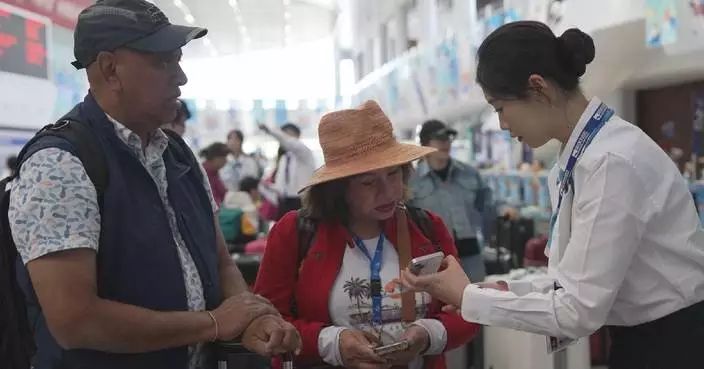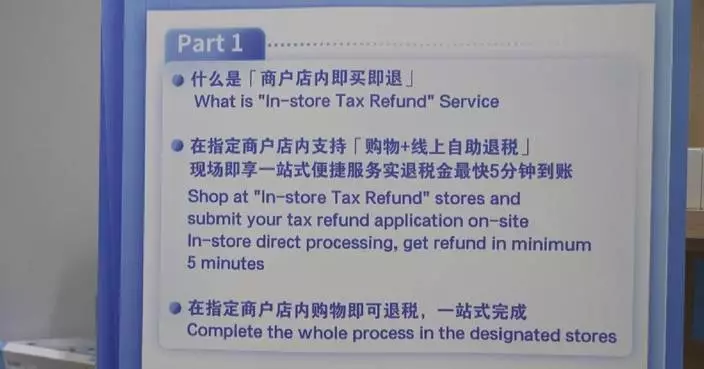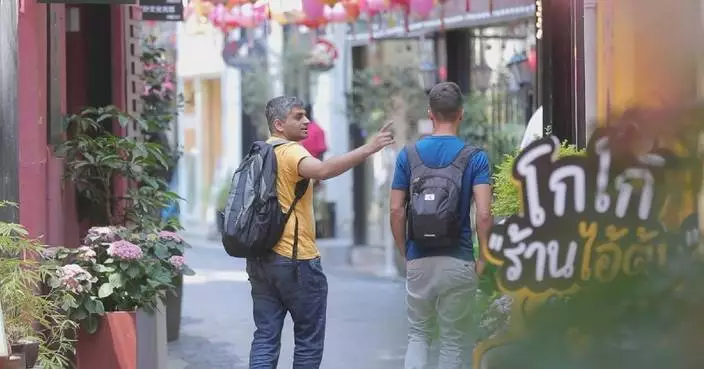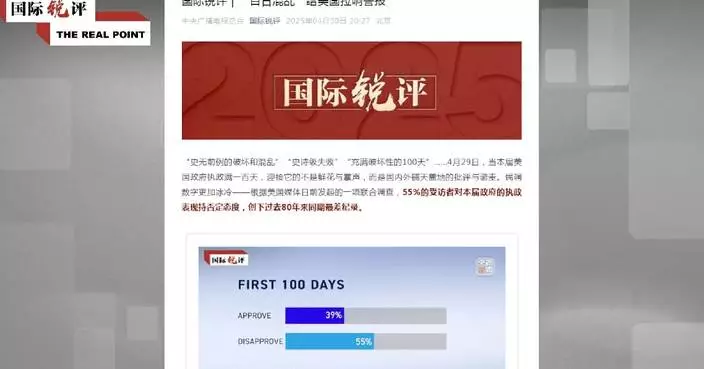The ongoing 15th Beijing International Film Festival has made history by inviting post-production staff from various films to walk on a red carpet spanning a river in Tongzhou District, honoring these unsung heroes of the film industry.
Guests, including renowned directors and actors, as well as behind-the-scenes professionals from film and television, strolled along the red carpet over the Grand Canal's Tongzhou section on Sunday, celebrating their contributions to cinema.
"It gives me a sense of the industry's overall environment to invite film's post-production technology companies like us to the festival. The increasing importance attached to the post-production sector shows the development of the film industrialization," said Quan Hongkun, general manager of a Beijing cultural technology company.
At the festival, representatives of young actors and industry pioneers also engaged in discussions about how to effectively tell China's stories well through films.
"The invitation for post-production staff to walk the red carpet over the canal is a tribute to the Beijing International Film Festival as well as the masters behind the scenes in the film industry. It also reflects the integrated and symbiotic development of culture and ecology in Tongzhou, Beijing's sub-center," said Dai Yingchun, deputy head of the Publicity Department of Tongzhou Communist Party of China Committee.
The festival takes place from April 18 to 26.

Post-production staff honored at Beijing film festival with unique red-carpet event
Malaysia has extended its visa-free entry for Chinese citizens for another five years, a move that has already led to a sharp rise in tourist arrivals and reinforced economic and diplomatic ties with China.
The initiative follows China's decision to waive visa requirements for Malaysian travelers in late 2023, triggering a two-way tourism boom between the two countries.
Popular destinations like the Batu Caves near Kuala Lumpur are now filled with Chinese tourists taking advantage of the simplified entry process.
"The whole process is very simple. After arriving in Kuala Lumpur, we could use the self-service channel to tour Malaysia," said Nancy Niu, a Chinese tourist from Shandong.
For many, the ease of entry has changed travel plans.
"We'd originally planned to travel within China. But when we heard about the visa exemption, we decided to go to Malaysia. That made it very convenient. If you want to come during the May Day holiday, or National Day holiday, just for a few days, there's no need to apply for a visa, you can just come," said Louie Zhang, a Chinese visitor from Shenzhen.
Returning travelers are also noticing the difference.
"When I came to Malaysia before, there were too many steps. We had to queue in very long lines. Now, there's basically no queuing. It's very quick to clear immigration," said Wang Xiaofeng, a Chinese visitor from Sichuan.
Tourism operators are welcoming the policy extension as a long-term boost to the industry.
"This extension is very much welcome news because it has always been very good for the industry, looking towards China as one of its main source markets. This is going to mean that we're going to have a lot more time to plan, to really understand the Chinese market and to perhaps even cater to the new, upcoming trends that the Chinese tourists are looking for," said Nigel Wong, president of the Malaysian Association of Tour and Travel Agents.
So far in 2025, the number of Chinese tourists visiting Malaysia has risen by around 30 percent compared to the same period last year, according to Wang.
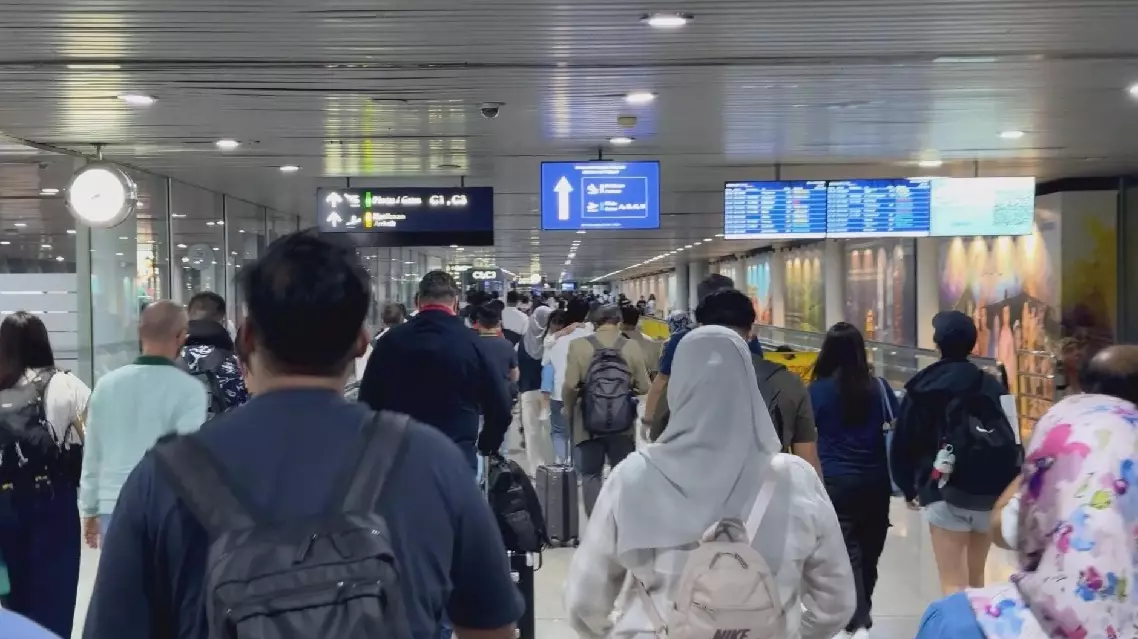
Chinese tourist arrivals soar as Malaysia extends visa waiver






